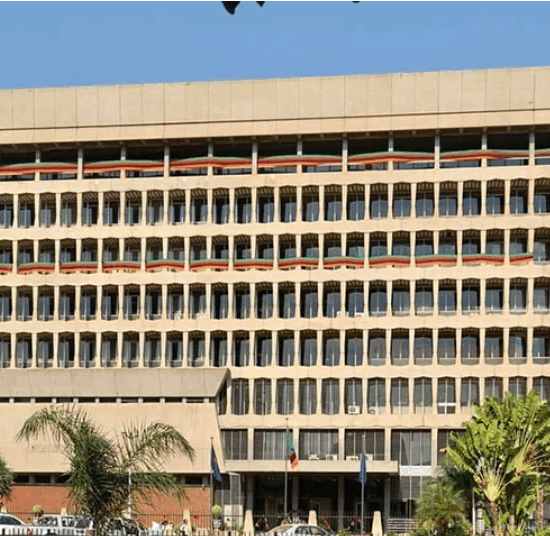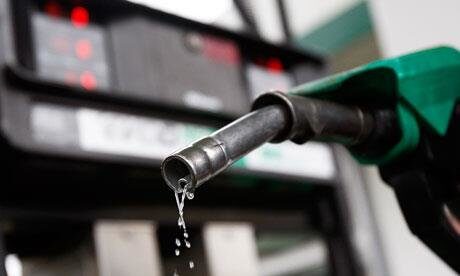
As Zambians are coping with the burden of rising inflation which stands at 13.2%, Economist Trevor Hambayi has projected that the country may be hit with yet another blow of increased buying price of fuel in February 2024.
Zambians may soon be facing an unwelcome increase in the pump price of fuel, due to the continued depreciation of the Kwacha which is one of the ERB’s key factors in determining the final pricing of the commodity.
Speaking in an exclusive interview with the Zambian Business Times, Hambayi predicted a marginal rise of about one kwacha due to the continued depreciation of the local currency. This may mean that the prices of fuel may be above K30 per liter which is likely to have a domino effect on other essential commodities, inevitably pushing up the cost of living.
This projection comes after two months of unchanged prices for petrol, diesel, kerosene, and Jet A-1, which the Energy Regulation Board attributed to stable international oil prices and exchange rates.
However, with the continued increase in the exchange rate which currently stands above K27 per Dollar, Hambayi is of the view that fuel pump prices are at high risk of increasing by about K1.
Meanwhile, Hambayi is calling for a long-term solution to address the high volatility of the exchange rate.
He suggests a forward contract that would require the country to purchase crude oil that would last for about six months, ensuring a guaranteed price irrespective of fluctuations in the exchange rate.
“There will be a marginal increase in the price of crude oil for the upcoming pump price review as there have been little positives in the fact that the international crude oil prices have been reducing, but the kwacha has continued depreciating thereby affecting the exchange rate.”
“So this was what was offsetting the two in the fact that the price remained unchanged for the last two months because there has been a reduction in the international price of crude oil, but the Kwacha has been depreciating,” said Hambayi
He said right now there is a very high volatility rate on the exchange rate which justifies the need for a long-term solution.
Hambayi has therefore suggested a forward contract that will require the country to purchase crude that will last for about six months to ensure that the price is guaranteed irrespective of what is happening with the exchange rate.
“I think that is a very important strategy that we should consider implementing because of the very high volatility that we have in our exchange rate,” said Hambayi.
With concerns about the country’s economic stability and the impact of rising fuel prices on already strained household budgets, any increase is likely to leave citizens reeling with anger and frustration caused by the high cost of leaving.







